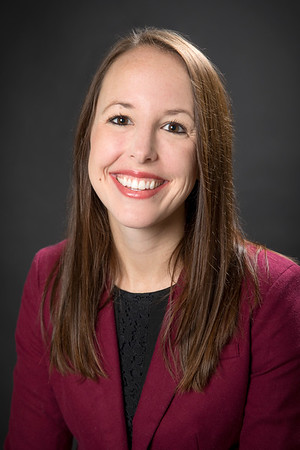Psychological First Aid as a First-line Disaster Response Strategy
Flowstate Health is a behavioral health services company operating in Iowa and Nebraska. We are a collaborative team of mental health professionals providing medication evaluation and management, psychotherapy, crisis evaluation, and other services for adults and seniors. Full- and part-time positions available for onsite and telehealth work for licensed providers.
**end of paid context
Thanks to Dr. Thomas, writing on behalf of the Disaster Response Committee!
 As part of my role on the Disaster Response Committee, I recently completed The National Child Traumatic Stress Network’s (NCTSN) Psychological First Aid (PFA) Online course. The course is about 5 hours in length and can be completed entirely online. The course reviews how to deliver PFA in the wake of a disaster with the goal of reducing trauma-related distress. PFA is evidence-informed, and it can be used with adults, children, adolescents, and families.
As part of my role on the Disaster Response Committee, I recently completed The National Child Traumatic Stress Network’s (NCTSN) Psychological First Aid (PFA) Online course. The course is about 5 hours in length and can be completed entirely online. The course reviews how to deliver PFA in the wake of a disaster with the goal of reducing trauma-related distress. PFA is evidence-informed, and it can be used with adults, children, adolescents, and families.
As a psychologist or trainee in psychology, you may be wondering what you might find helpful about a training in PFA. Each day on the news, we hear about global, national, and local disasters that affect us and those we serve. These events include natural disasters, mass shootings, wars, and acts of terrorism, to name a few. PFA draws from research regarding evidence-based interventions to provide a comprehensive toolkit for helping those in the immediate aftermath of a disaster. Some of the skills in the training may be familiar, such as using empathy and warmth, while other skills are specific to the disaster setting.
A major takeaway from this training, and an important reminder, is the critical role that social support plays in the immediate aftermath of disaster. After acclimating to a disaster response setting, a PFA provider quickly identifies available resources to facilitate safety, comfort, and stabilization. Helping to link disaster survivors with sources of support establishes connection and engagement with an individual’s community. Despite a disaster being an inherent deviation from a person’s norm, connection with supportive others can offer some semblance of familiarity. Moreover, the benefit of social support as a buffer against stress is well-established in other research contexts as well.
Finally, a PFA provider helps disaster survivors identify effective coping strategies. The goal of the PFA provider in this context is not to begin a course of psychotherapy, but to help the survivor identify already-existing coping strategies. A referral to psychotherapy can also be made if the survivor needs more support. The goal of a PFA provider is to facilitate stabilization, connection, and engagement in this critical window. Empirically supported therapies (e.g., exposure therapy, EMDR) are to be used later in the individual’s recovery, if necessary. The shift from long-term coping to immediate coping is an important mindset that will help survivors to find PFA relevant, applicable, and practical in the context of a disaster.
Why might a psychologist want to complete the PFA training, particularly when juggling busy personal and professional schedules, many responsibilities, and a feeling that there is not enough time in the day? The disasters we see on the news, whether near or far, are having a psychological impact on those affected, and as psychologists, we have training and skills that may help to minimize the long-term adverse consequences. Whether in our local or global communities, there are indications that mental health has suffered during the COVID-19 pandemic. Previous research indicates that early intervention tends to result in more positive long-term outcomes. How can we help Iowans navigate disasters and engage with our communities in a meaningful way? Psychological First Aid is a good place to start.
Several free trainings on Psychological First Aid and Disaster Mental Health are available online:
- Free, five-hour Psychological First Aid Training offered by the National Child Traumatic Stress Network. Psychological First Aid (PFA) Online is a 5-hour interactive online course that helps participants learn the core actions of PFA and describes ways to apply them in different post-disaster scenarios and with different survivor needs.
- Free, one-hour webinar on Psychological First Aid (PFA) facilitated by Dr. Jerry Walker of the Nebraska Psychological Association. Click here to view.
- Psychological First Aid for Schools (PFA-S). This webinar offers information on how PFA-S helps to reduce the distress that school communities can experience after a disaster or violent event.
- Click here to access more disaster resources for providers.
Please contact Ashley Freeman, chair of the Disaster Response Committee, at [email protected] with any questions or to get involved with disaster response.
**begin paid context


